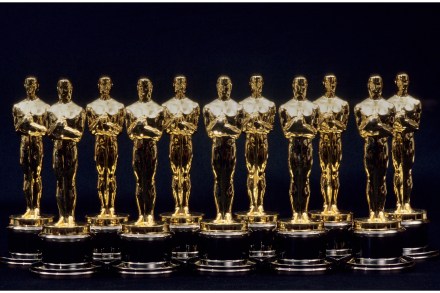‘Collective’ shines a light on Romania’s deadly corruption problem
A gripping Romanian documentary has made history as the country’s first film ever to be nominated for an Oscar in the international category. But ‘Collective’, which is also shortlisted for best documentary feature at tonight’s ceremony, isn’t a source of national pride. In fact, far from it: the movie shines a spotlight on the country’s rotten healthcare system. It follows a team of investigative journalists as they uncover deep-seated corruption in the aftermath of a deadly nightclub fire in Bucharest in 2015, that killed 65 people. While 27 died on the night of the fire, many more died in the months afterwards. They lost their lives in bacteria-riddled hospitals that were not only




















